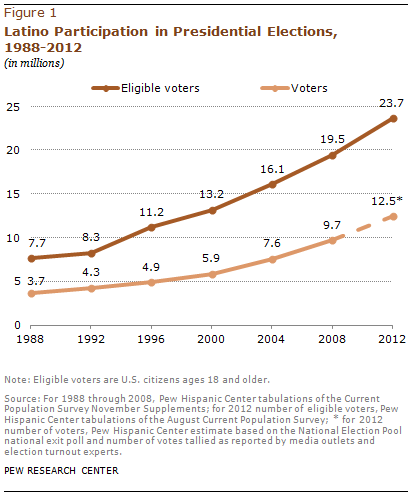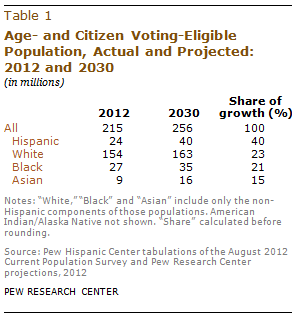The bitter divide in the US society about the role of government, and whether the government has a role in promoting equality (crytalized in Mitt Romney’s notorious “47%” speech) is not going anywhere. However, evidence suggests that large (and growing) segments of the public are in favor of a more egalitarian society, and they believe that the government has a role in making that happen. For those who wish to live in a more secular society, this is welcome news.
According to the polls, different ethnic and social groups have distinct (and often sharply clashing) views on what the government should do to level the playing field for the citizens-or whether it should do anything at all. Here are some of the findings:
When voters were asked whether cutting taxes or investing in education and infrastructure is the better policy to promote economic growth, the constituencies of the new liberal electorate consistently chose education and infrastructure by margins ranging from 2-1 to 3-2 — African Americans by 62-33, Hispanics by 61-37, never-married men by 56-38, never-married women by 64-30, voters under 30 by 63-34, and those with post-graduate education by 60-33.
Conservative constituencies generally chose lowering taxes by strong margins — whites by 52-42, married men by 59-34, married women by 51-44, all men by 52-41; older voters between the ages of 50 and 65 by 54-42.
The constituencies that make up the rising American electorate are firmly in favor of government action to reduce the gap between rich and poor, by 85-15 among blacks, 74-26 for Hispanics; 70-30 never-married men; 83-15 never-married women; and 76-24 among voters under 30. Conservative groups range from lukewarm to opposed: 53-47 for men; 53-47 among voters 50-65; 46-54 among married men; 52-47 among all whites.
By a margin of 60-13, voters on the left side of the spectrum favor raising taxes on incomes above $1 million, while voters outside of the left are much less supportive, 39-25. In the case of raising the minimum wage, the left backs a hike by an overwhelming 64-6 margin, while those on the right are far less supportive, 32-18. The rising American electorate backs raising the minimum wage by 64-6, while the people outside it back a hike by just 32-18. The left coalition supports a carbon tax or fee by 43-14 while right-leaning voters are opposed, 37-24.
How does all this bode for the future? Well, if you combine the above data with demographic projections, the future does not look promising for those having conservative/libertarian economic viewpoints.
With minorities overwhelmingly in favor of policies favoring the betterment of everyone, not just a few, and with the minorities forming a much bigger part of the electorate within a generation, it can be expected that public demand for government actions in favor of egalitarinism will rise. (And even this is only part of the story; the older generation will ultimately fade away, while more young, egalitarian minded people reach voting age.) Politicians will have no choice but to follow.
And what will all of this mean for us, the secularists? For those of us following the trends, this is not a difficult question.
We can’t get rid of religion simply by pointing out that it’s false, disenfranchises women, fosters guilt, and so on. Yes, those are important things to do, and do make converts, but in the end religion will be with us until we create more just, more egalitarian, and more caring societies.

I do not expect the US to become Sweden very soon, but there is little doubt that we are headed toward very interesting times.


